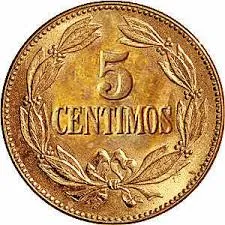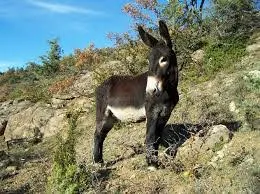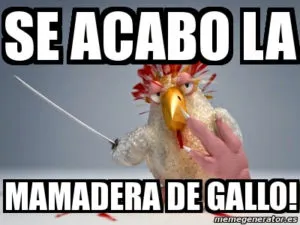The word CHAMO is a word that distinguishes us in many Latin American countries. It comes from Chum which in English means friend or comrade.

The expression Pigeon dropping comes from the ancient towns and cities, the water was obtained from bombs that had to be used with physical effort. These bombs had a sign that said Push On. When Venezuelanized, the expression "Punch out" was left to indicate someone who had to take out the water by force on the lever.

The expression to enjoy a puyero comes from that formerly existed coins of 5 cents called puyas or chivas. It used to be given to children to buy sweets or trinkets which caused them joy.

The expression Are you going to follow Abigail? comes from the 80s RCTV transmitted the soap opera Abigail, starring Catherine Fullop and Fernando Carrillo. This telenovela lasted a long time in the air so it became boring and monotonous.

The expression Leave the pelero comes from the Venezuelan Indians to follow the trail of a dam that said that it had left running to leave traces of hair on the floor or on the wall of your shelter. I leave the pelero feeling threatened.

The expression Bajar de la Mula comes from the time of the Colony, when they charged a debt to a person, who was riding a mule, and it said that it had no money, they accepted the mule as payment, and had to get off the mule to be able to deliver it.

The word PopCorn comes from the sacks with corn grains for that purpose that had the inscription Corn to fry that when Venezuelanized gave rise to that word.

The expression Mamar rooster comes from cockfighting that is used to sucking the head of the rooster so that it becomes disconcerted and at the time of the fight he himself flee, managing to tire his opponent. This practice is considered illegal and upon suspicion of its use exclaims: They are giving me a cock!

The expression Guebón comes from the farm animals with very large genitals that usually have a slow and clumsy gait. Hence, today this adjective is used to indicate clumsy people or with little sagacity.
